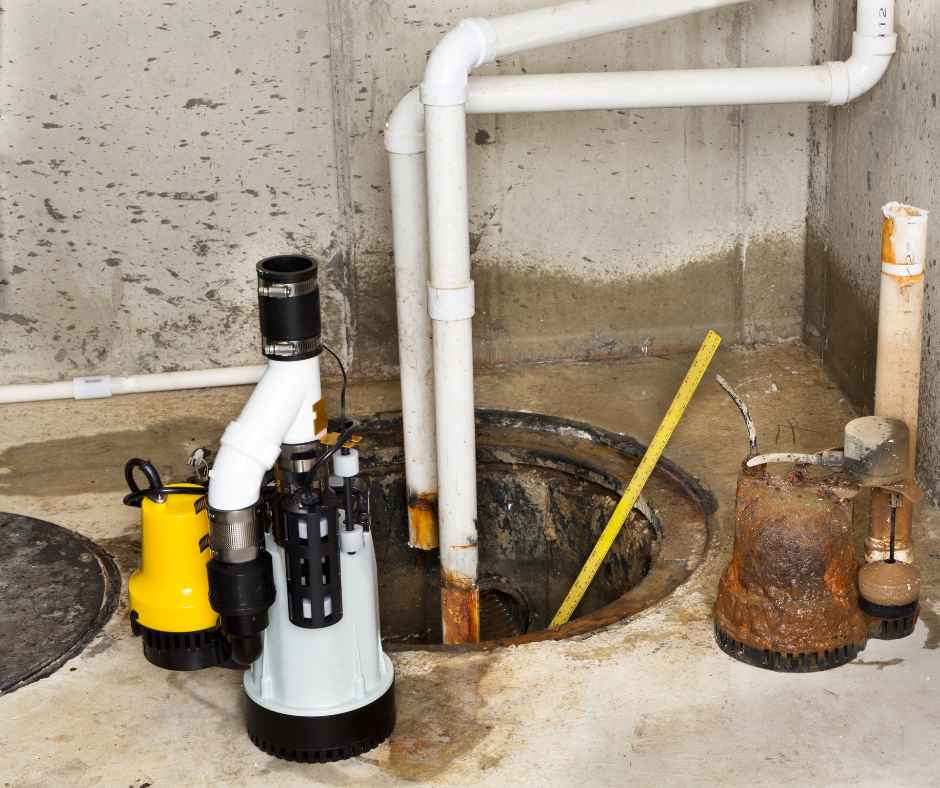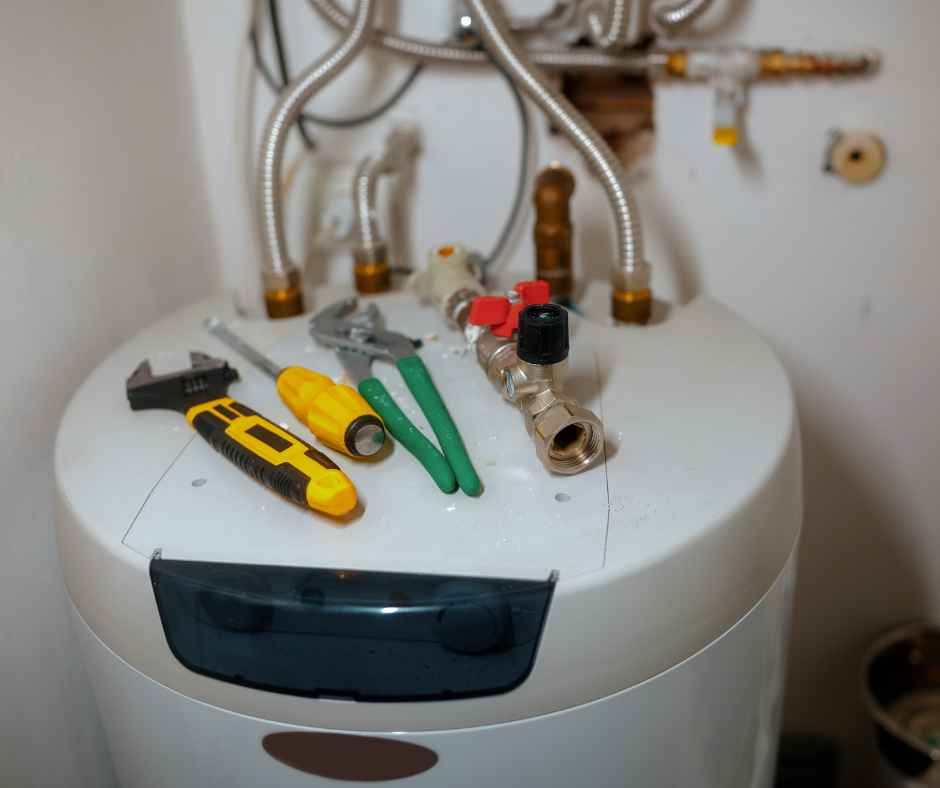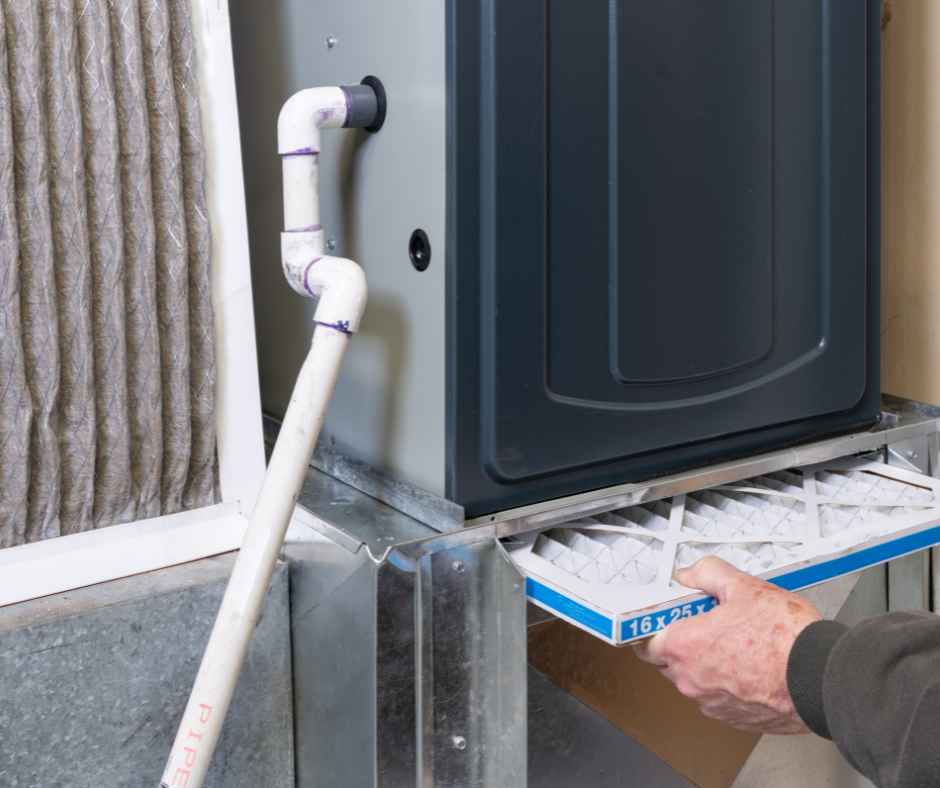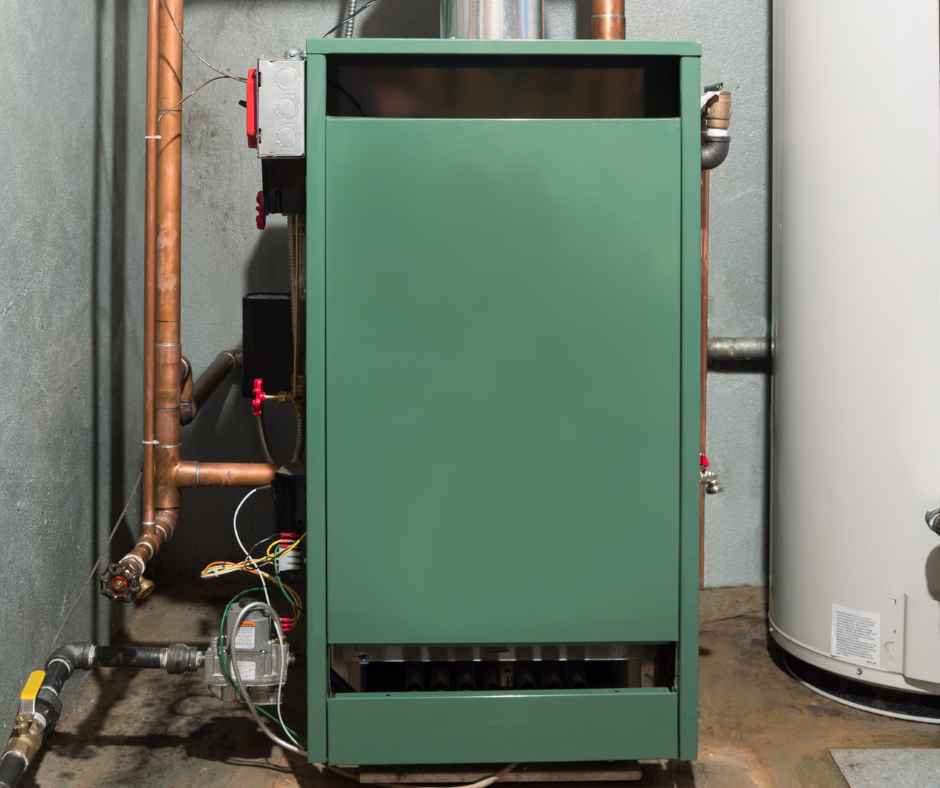0% APR Plus No Payments for 12 Months
on Select New Plumbing & HVAC Systems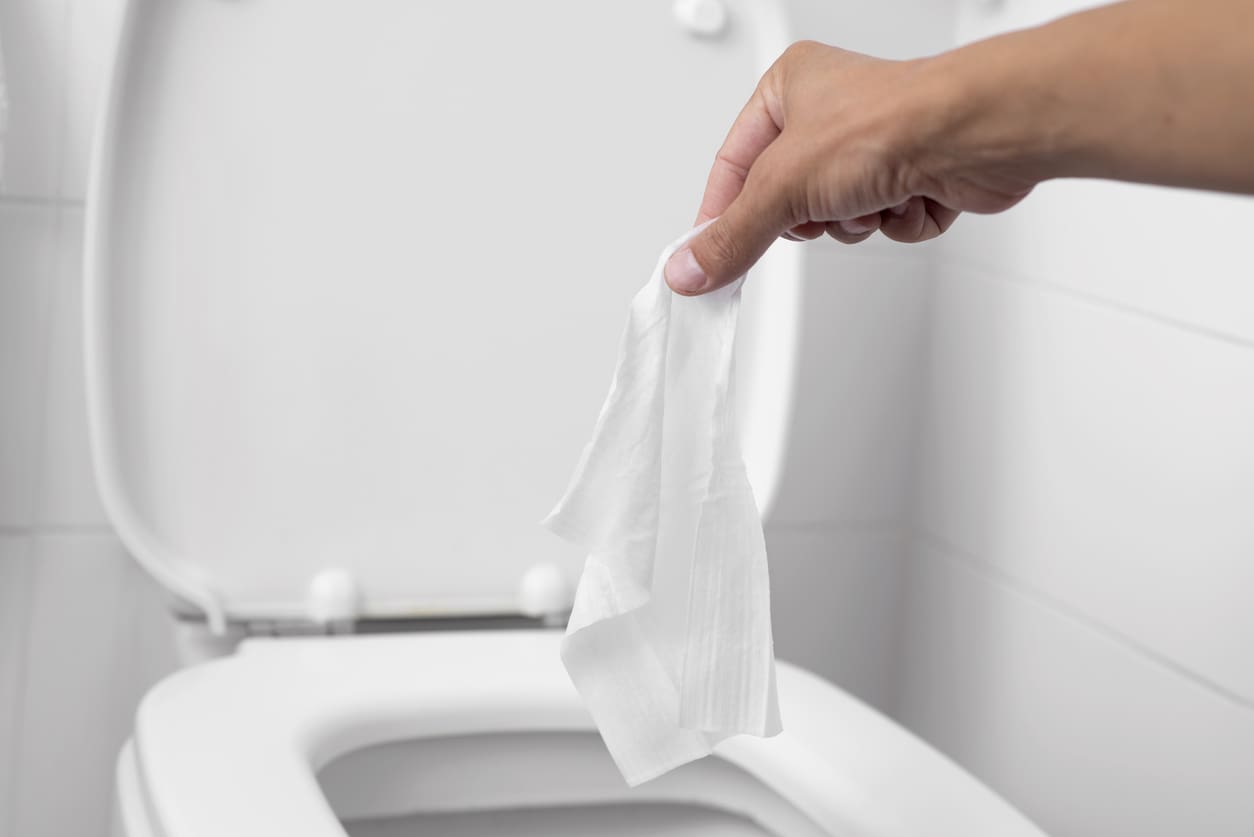
Are Flushable Wipes Really Flushable?
In recent years, flushable wipes have become a popular alternative to traditional toilet paper. Marketed as a convenient and hygienic option, these wipes are often labeled as “flushable,” suggesting they can be safely disposed of down the toilet. However, this claim has sparked considerable debate among plumbing experts and environmentalists. So, are flushable wipes really flushable? In this blog post, we’ll explore the truth behind flushable wipes, their impact on plumbing systems, and how to properly dispose of them.
The Flushable Wipes Controversy
Flushable wipes are made from a combination of materials, including natural fibers and synthetic substances. While they are designed to break down more easily than regular wipes, they still pose significant challenges to plumbing systems and wastewater treatment plants. The main issue lies in the time it takes for these wipes to disintegrate. Unlike toilet paper, which dissolves quickly in water, flushable wipes can remain intact for an extended period, leading to blockages in pipes and sewer systems.
What Happens When You Flush Flushable Wipes?
When you flush a wipe down the toilet, it begins a journey through your home’s plumbing system and into the municipal sewer system. If you’re lucky, the wipe will pass through without causing immediate problems. However, in many cases, these wipes can get caught on rough surfaces or bends in the pipes, leading to clogs.
Toilet Clogged with Wipes: A Common Problem
One of the most common plumbing issues homeowners face is a toilet clogged with wipes. This can result in slow draining, frequent backups, and even complete blockages. When multiple flushable wipes accumulate in the pipes, they can form a mass that is difficult to break apart. This can necessitate costly plumbing repairs and, in severe cases, damage to the sewer lines.
The Impact on Wastewater Treatment Plants
Beyond individual plumbing systems, flushable wipes also wreak havoc on wastewater treatment facilities. These wipes often make it through the initial stages of treatment but can clog pumps and screens further along the process. This not only increases maintenance costs but also risks damaging critical infrastructure. Furthermore, the labor required to manually remove these wipes from the equipment can be extensive and expensive.
Are Flushable Wipes Really Flushable?
Given the evidence, it’s clear that the term “flushable” can be misleading. While these wipes may technically be flushable in that they can be flushed down the toilet, they are not designed to break down quickly enough to avoid causing problems. In essence, they are only flushable in the same way that many other items – like paper towels or sanitary products – can technically be flushed but shouldn’t be.
Proper Disposal of Flushable Wipes
To avoid plumbing issues and reduce the strain on wastewater treatment plants, it’s essential to dispose of flushable wipes properly. Here are a few tips on how to do so:
- Do Not Flush Wipes: Even if the packaging claims the wipes are flushable, it’s best to dispose of them in the trash. Use a lidded trash can in your bathroom to make disposal easy and hygienic.
- Educate Your Household: Ensure that everyone in your home understands the importance of not flushing wipes. Place a sign in the bathroom if necessary to remind guests and family members.
- Seek Alternatives: If you prefer the convenience and cleanliness of wipes, consider using products specifically designed to be disposed of in the trash. Some companies offer biodegradable wipes that are safe for the environment.
The Role of Manufacturers
Manufacturers of flushable wipes have a responsibility to provide accurate information about their products. Currently, there is no standardized testing for determining whether a wipe is flushable. Advocates are pushing for stricter regulations and clearer labeling to help consumers make informed decisions. Until these changes are implemented, it’s crucial for consumers to exercise caution and prioritize the health of their plumbing systems and the environment.
The Environmental Impact
In addition to plumbing and infrastructure issues, flushable wipes also pose a significant environmental threat. When these wipes make it through the wastewater treatment process, they often end up in water bodies, contributing to pollution and harming aquatic life. By choosing to dispose of wipes properly, you can help reduce this environmental burden.
Conclusion
While flushable wipes may offer a convenient and hygienic option for personal care, they come with substantial drawbacks. The term “flushable” is often misleading, as these wipes can cause severe plumbing issues and strain wastewater treatment facilities. To protect your plumbing system and the environment, it’s best to dispose of wipes in the trash rather than flushing them down the toilet.
If you’ve encountered plumbing problems due to flushable wipes or need assistance with any other plumbing issues, contact Staton for expert service. Our team of professional plumbers is ready to help you keep your plumbing system in top condition. Reach out to Staton for all your plumbing needs and ensure your home’s plumbing is in good hands.


